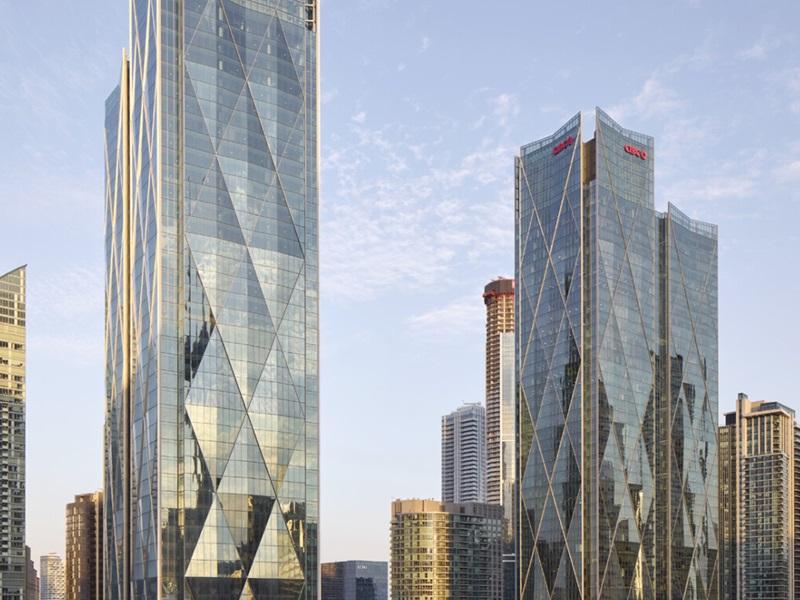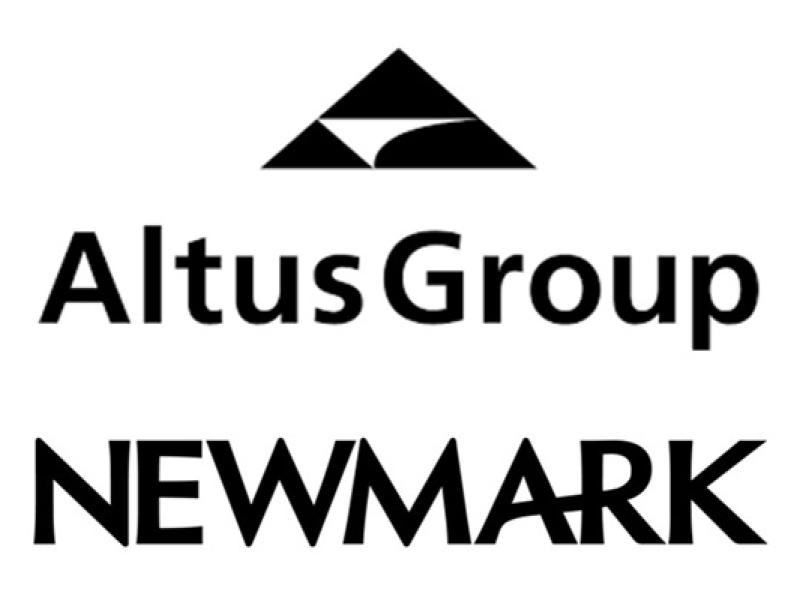
Flexible workspace demand in Toronto rose 27 per cent in 2022, while work station rates, occupancy and supply were all also up, according to a new analysis from global workspace innovation firm The Instant Group.
Inquiries for flexible workspace in Toronto were up:
- 21 per cent for one or two desks;
- 51 per cent for three to nine desks;
- two per cent for nine to 25 desks; and
- 47 per cent for 25 or more desks.
Sarah Colwell, The Instant Group’s U.K.-based research manager, attributed the large growth in the three- to nine-desk category to startup companies, and the increase in the 25-or-more desk category to larger corporations realigning their strategies and not wanting to sign long-term leases while determining how and where their employees should work.
“These large corporate occupiers, Fortune 500 companies and really well-funded startups who previously were probably comfortable taking a five-, seven- or 10-year lease in downtown Toronto and putting in cap ex, have become huge consumers of flexible office space, and they're the ones driving the demand for those 25-plus desk suites that may otherwise go into traditional leased space,” New York City-based director of solutions development Michael Calistri told RENX.
“We've taken on full and partial floors of flex space on a sub-two-year term, which used to happen, but wasn’t as ubiquitous as it is now.”
Still, Colwell said flexible workspace occupiers are gaining in confidence and signing longer-term deals with providers than before the COVID-19 pandemic.
While declining to name the companies, Calistri said a Fortune 100 company is taking four floors of flexible workspace in Toronto, while a financial technology startup valued at more than $1 billion (all dollar figures US) and an artificial intelligence firm that has raised more than $400 million are expanding their flex space in the city.
While technology companies have traditionally been large occupiers of flexible workspaces, Colwell said they’re now being joined by healthcare, financial, and oil and gas firms.
Flexible work station rates are rising
Flexible work station rates in Toronto increased by eight per cent year-over-year to $551 per desk per month.
Private offices in co-working spaces averaged $698 per month in December and were up seven per cent year-over-year, according to data from CoworkIntel, which is part of The Instant Group.
Calistri said demand for quality flexible workspaces is outpacing demand in Toronto, which has led to rising rates. Colwell pointed out other factors that are also contributing.
“We're seeing more transactions with higher-quality providers, so that will push up the average achieve rates that we're seeing as well,” she said.
“And with the larger number of large occupiers taking flexes, they typically would allocate more square feet per desk and they want more amenities. So that again typically pushes the rates up.”
Toronto saw new flexible workspaces grow by six per cent between 2021 and 2022. This growth was predominantly from new hybrid workspaces, which represent 61 per cent of Toronto’s total supply.
Calistri and Colwell expect both demand and supply of flexible workspaces to continue to grow in Toronto this year after occupancy rose by nine per cent in 2022.
Calistri said demand for flexible workspace — especially smaller spaces — is also increasing in markets just outside of Toronto, including Mississauga, Richmond Hill and Markham.
How Toronto compares to other markets
While The Instant Group didn’t release detailed analyses for other Canadian cities, Colwell said demand for flexible workspace is stronger in Toronto than Montreal, but those two cities are outpacing other markets as office recovery remains uneven across the country.
“We're seeing markets such as Calgary, which is still very much in recovery mode, and demand is still trying to catch up to what we were seeing back in 2019, whereas a majority of other cities are now back above pre-pandemic levels.”
Toronto’s 27 per cent increase in flexible workspace demand is well ahead of both New York City and London, Colwell added.
The Instant Group
The Instant Group was founded in London in 1999 and now employs more than 500 in 13 global offices who find, create, deliver and manage flexible workspaces in more than 175 countries.
The Instant Group’s digital platforms constitute the world's largest digital marketplace for flexible workspace and lists meeting rooms, virtual offices, flexible office space and co-working memberships.
Its global team advises on commercial real estate solutions, from serviced offices to fully customized managed offices, and provides consulting services for portfolio and net zero strategies.
Calistri said The Instant Group has about 30,000 global listings from 6,600 flex space providers and averages approximately 10,000 leads per month.
The company’s clients include Prudential, Booking.com, Shell, Jaguar Land Rover and GSK.










